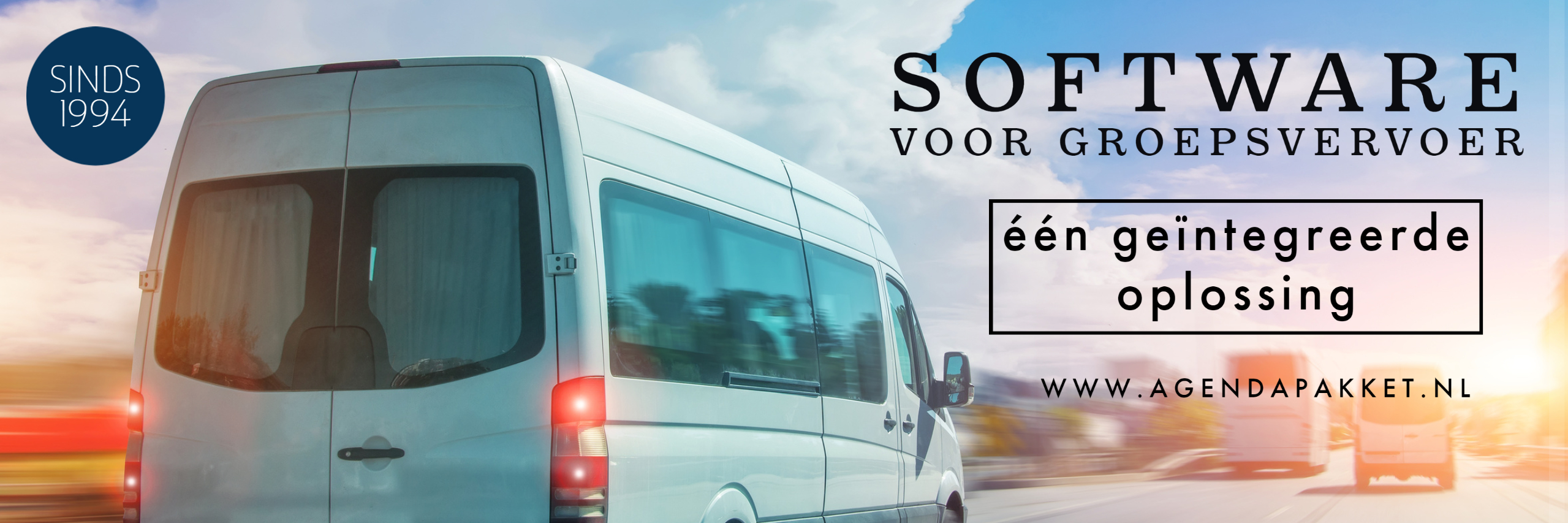The Urbino 12 hydrogen and Urbino 18 hydrogen models, which will appear on the streets of Duisburg in a few months, are silent and emission-free vehicles powered by hydrogen fuel cell energy.
The Duisburger Verkehrsgesellschaft AG (DVG) wants to make its fleet completely emission-free by 2030. The DVG opted for 11 Urbino 12 hydrogen models and 14 of the articulated version, the Urbino 18 hydrogen. These buses will be the first hydrogen vehicles in the city, according to the digital platform Passenger Transport Magazine, with delivery scheduled for 2024 for the Solaris Urbino 12 hydrogen and mid-2025 for the Solaris Urbino 18 hydrogen.
“With the order for the first 25 hydrogen buses, we are taking another important step towards making public transport in Duisburg completely emission-free and sustainable. With this transformation, we will make a decisive contribution to protecting the climate and improving the quality of life in Duisburg,” explains DVG CEO Marcus Wittig.
“I am proud that we can be part of this important change taking place in urban transport in Duisburg. The implementation of safe, reliable and environmentally friendly hydrogen technology will further reduce emissions in the city. The only by-product of using Urbino's hydrogen buses is water vapour. We thank you for your trust and look forward to working with DVG,” said Olivier Michard, member of the Solaris board of directors responsible for sales, marketing and aftersales.

The Urbino 12 hydrogen and Urbino 18 hydrogen models, which will appear on the streets of Duisburg in a few months, are silent and emission-free vehicles powered by hydrogen fuel cell energy. The Urbino 12 will use 70 kW fuel cells, while the Urbino 18 will use 100 kW. The solaris hydrogen buses have an electric traction motor with 160 kW in the 12-meter model and 240 kW in the articulated version. In addition, the ordered vehicles will be equipped with Solaris High Power batteries, which provide additional storage of electrical energy.
Passenger comfort and safety are ensured by an efficient CO2 heat pump, monitoring and a modern passenger information system. The driver's work is supported by extensive assistance systems (ADAS), including detecting pedestrians and cyclists in the so-called blind spot and warning the bus driver with acoustic and visual signals. In addition, ongoing operations are supported by eSConnect, Solaris' bus fleet monitoring and management system.
Solaris has delivered more than 3.000 electric and hydrogen-powered buses to date. Urbino hydrogen buses have been ordered by customers in Austria, France, Spain, the Netherlands, Germany, Poland, Slovakia, Switzerland, Sweden and Italy.



